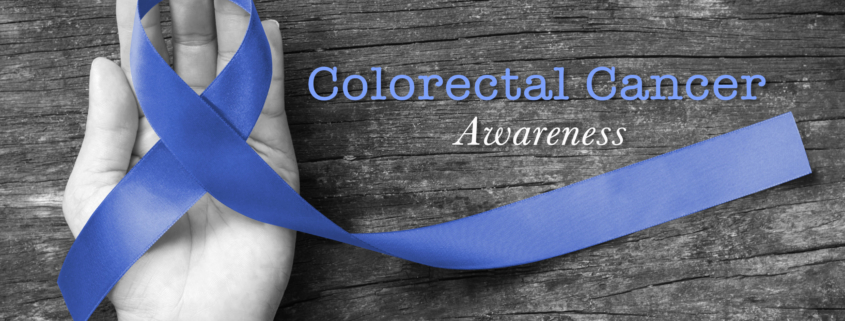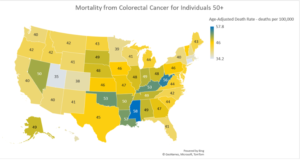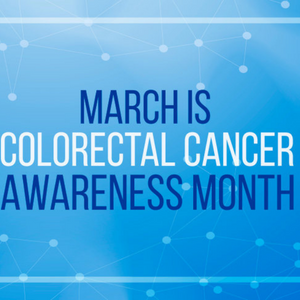The COVID-19 pandemic has affected nearly every aspect of life from schools to offices and, most importantly, healthcare. While certain things may have gone back to normal, the healthcare space continues to struggle. During a discussion at the National Colorectal Cancer Roundtable (NCCRT) Annual Meeting, panelists shared how their respective organizations adapted to the pandemic to ensure continued delivery of colorectal cancer (CRC) screening.
Rachel Issaka from the Fred Hutchinson Cancer Research Center kicked off the discussion with the history of the COVID-19 pandemic in the U.S., starting with when the SARS-CoV-2 virus reached the U.S and the government declared a national emergency on March 13th, 2020, due to the rapid spread of the virus. A day later, on March 14th, the office of the U.S. Surgeon General advised hospitals to reschedule all elective procedures. Subsequently, the Gastroenterology Society released a statement that recommended all endoscopies and clinical practices be rescheduled along with other non-urgent procedures and the Centers for Disease Control & Prevention (CDC) recommended that healthcare systems prioritize urgent visits and delay elective care. The American Cancer Society (ACS) advised patients to postpone elective care, including cancer screenings, if they are at average risk for cancer and did not have any signs or symptoms.
Following these recommendations, many adults delayed or avoided medical care. A study conducted in June 2020 by the CDC found that:
- 41% of U.S. adults had delayed or avoided treatment
- 12% had avoided urgent and emergency care
- 32% avoided routine care
Another study conducted in April 2020 found that cancer diagnoses decreased by 46% as compared to the year before, and CRC diagnoses dropped by 49%. The primary cause for this drop in diagnoses was delayed screenings for individuals who had symptoms but did not want to use the healthcare system during the pandemic. CRC screenings were down 25% between March of 2020 and March of 2021. It is estimated that these delays in screening and diagnoses will be responsible for an additional 4,500 deaths from CRC by the year 2030.
Fortunately, organizations such as the Lincoln Community Health System in Newport, Oregon, recognized this growing gap in screening and diagnosis of CRC and came up with solutions. Jaraka Carver, LPN, from Lincoln Community Health Center, who was planning on running a CRC awareness campaign in March 2020, witnessed the project being derailed by the pandemic. Instead, after seeing the growing gap in CRC diagnosis she and her team implemented a bi-annual FIT mailing program to reach out to individuals and remind them that they were overdue for a CRC screening, and then sent them an at-home FIT test. Of the kits that were sent out:
- 33.5% came back for testing, of which 15 came back as abnormal
- 30 individuals were referred for colonoscopies, 20 of whom completed the colonoscopy and 1 was diagnosed with cancer
Virginia Mason Franciscan Health in the Pacific Northwest was also looking to increase CRC screenings among their constituents. Their divisional vice president, Michael Anderson, had partnered with ACS on a program to increase CRC screenings to 70%. However, once the pandemic hit, they had to change directions. With the goal of scheduling annual wellness visits during the pandemic, they specifically focused on vulnerable populations and clearly communicated Medicare’s new rule that a patient could complete a visit in person, online, or by phone.
The organization also began reaching out to patients who were overdue for an annual visit and implemented a digital tool that helped prioritize patients by their likelihood of completing a CRC screening test. The program had a 40% success rate: they scheduled 5,300 annual wellness visits, completed 1,325 cancer screenings, and saved nearly 8.16 years of life. On a population level, this program allowed 41 more men and women to spend an extra year of life with their friends and family because they were screened for CRC.
The panel concluded with a question and answer session where participants were able to ask the presenters questions regarding the effects of SARS-CoV-2 on CRC screenings. This meeting stressed the importance of annual screenings as well as the importance of adapting to different situations and needs, with a focus on ensuring that patients are able to achieve the best health outcome possible.
*Additional Information on the NCCRT annual meeting can be found at 2021 80% in Every Community Conference & NCCRT Annual Meeting – National Colorectal Cancer Roundtable
Presenters slides can be downloaded using this link https://nccrt.org/download/101349/
Abigail Parker is a Colon Cancer Prevention Intern with the Colon Cancer Foundation.
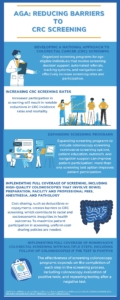



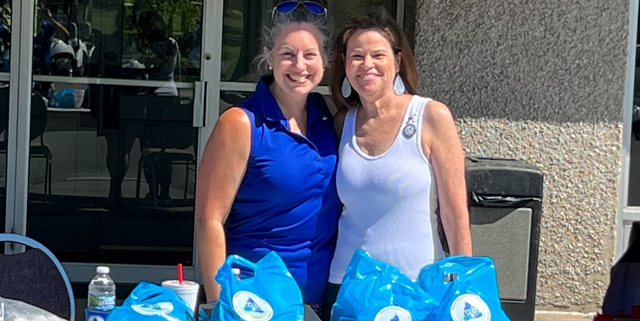
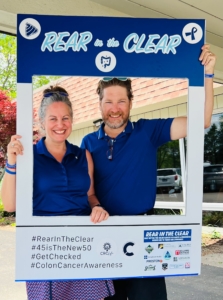 This past February, as a CCF Champion, Suzanne and her husband were invited to attend the Cologuard Classic in Tucson, Arizona. She represented CCF and was able to meet 90 other like-minded individuals who shared her passion to make a difference and prevent early onset of colon cancer. Inspired to raise money and awareness in her hometown, Suzanne partnered with her husband’s golf club to hold a fundraising golf tournament on May 16, 2022. She was supported in her efforts by her friend, a 10-year colon cancer survivor who also works to spread colorectal cancer awareness. The event had 10 sponsors, 13 teams, and 20 hole sponsors that covered most of the costs. Half of the profits will go to their local nonprofit, CRC Life, and the other half will go to CCF.
This past February, as a CCF Champion, Suzanne and her husband were invited to attend the Cologuard Classic in Tucson, Arizona. She represented CCF and was able to meet 90 other like-minded individuals who shared her passion to make a difference and prevent early onset of colon cancer. Inspired to raise money and awareness in her hometown, Suzanne partnered with her husband’s golf club to hold a fundraising golf tournament on May 16, 2022. She was supported in her efforts by her friend, a 10-year colon cancer survivor who also works to spread colorectal cancer awareness. The event had 10 sponsors, 13 teams, and 20 hole sponsors that covered most of the costs. Half of the profits will go to their local nonprofit, CRC Life, and the other half will go to CCF.